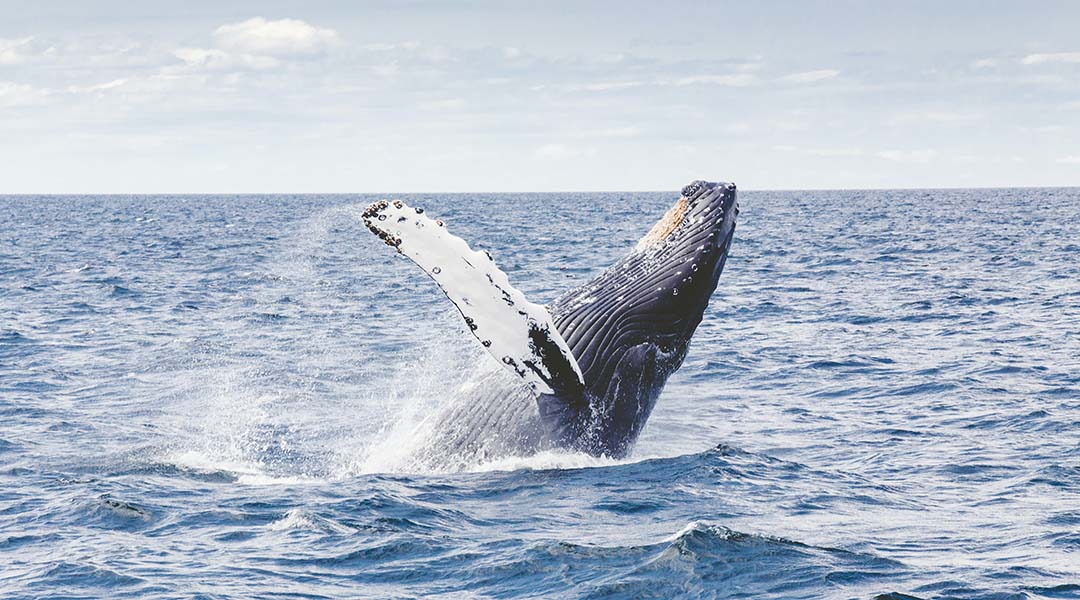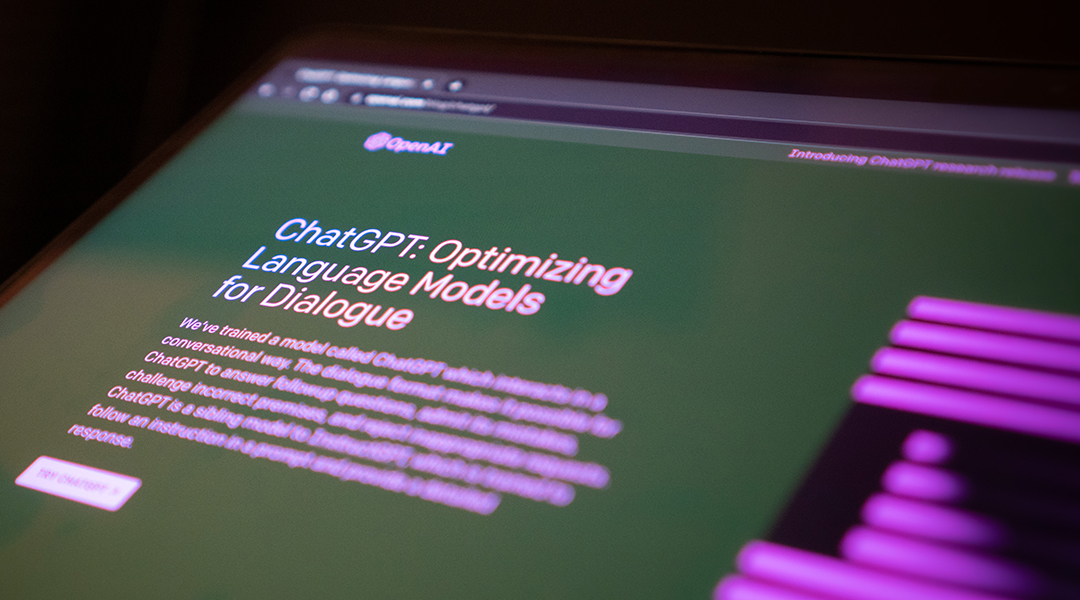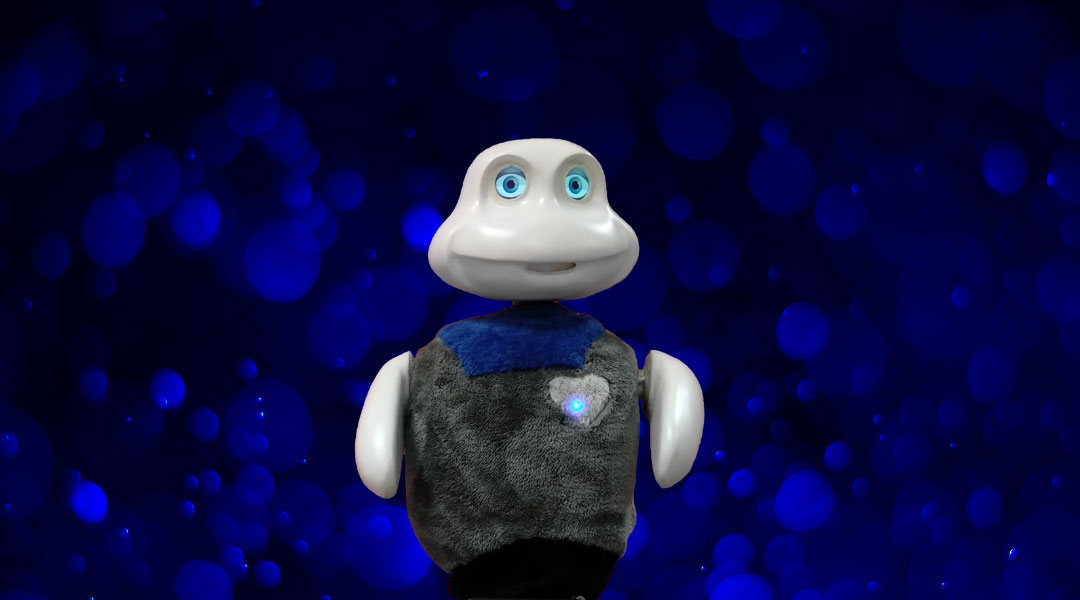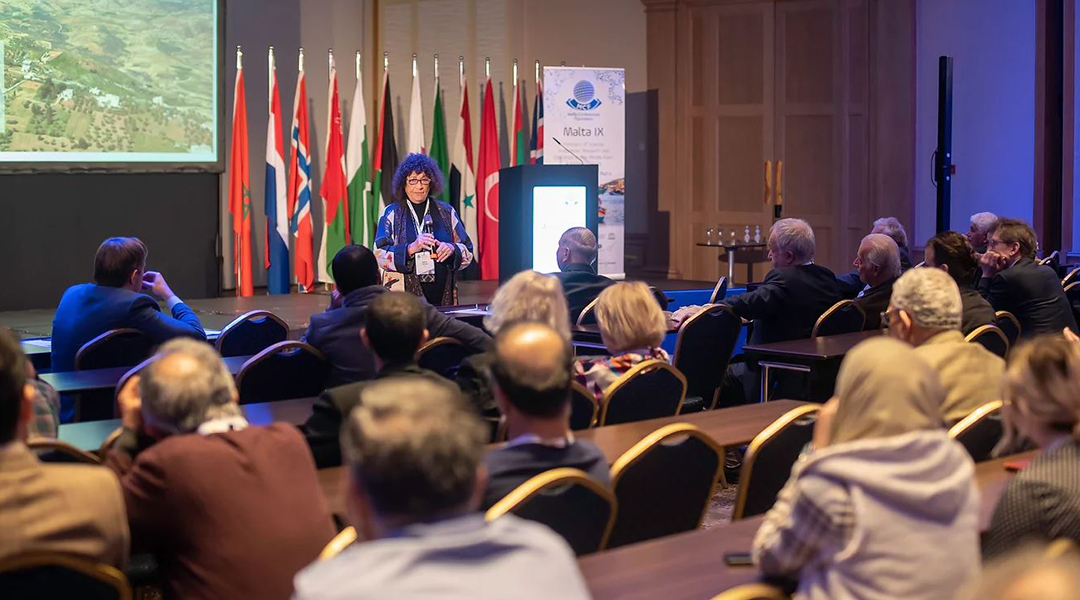A new study finds that the quality of our relationships later in life can affect our chances of developing chronic disease.


A new study finds that the quality of our relationships later in life can affect our chances of developing chronic disease.

Carbon pricing has been highly criticized, but designing policies to address concerns can yield outcomes that are effective and equitable.

As humpback whale populations increase, two decades worth of data finds they are shifting from singing to fighting as their preferred mating strategy.

Crediting ChatGPT as an author on scientific papers has sparked debate around the role it should play in the scientific literature.

The spread of misinformation on social media is often blamed on users, but new findings challenge the misconception that political prejudice and a lack of critical thinking are solely responsible.

Modeling involuntary aspects of human behavior, such as blinking or even jet lag, might help build trust in robot-human interactions.

Scientists are investigating how fullerene nanomaterials can be used as antivirals against different variants of SARS-CoV-2 and other viruses.

An analysis of 45 million papers and 3.9 million patents since 1945 shows that the rate of disruptiveness in science is steeply declining.

An extensive review adds to the mounting evidence that paid parental leave protects long-term mental health in both mothers and fathers.

The Malta Conferences offer a unique setting to break down barriers, overcome instilled cultural differences, and support scientists restricted in their freedom.